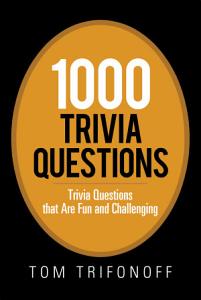Unleash the Combined Power of Statistics and Stories in Your Blog

“Every 55 seconds someone in the US develops the disease,” Jason Abady, community engagement manager for the Central Ohio Alzheimer’s Association, let our audience know. In fact, I thought later, Abady had used this one simple but startling statistic to engage his audience.
Abady’s presentation confirmed a long-held belief of mine: nothing speaks quite as loud as numbers. In teaching business owners and professional practitioners how to create content for blog posts, I stress the power of using statistics in blogs.
- Statistics can serve as myth-busters, dispelling false impressions people may have regarding your industry.
- Statistics grab visitors’ attention.
- Statistics can be used demonstrate the extent of a problem (just as Jason Abady did in his talk), opening the door for your to show how you help solve that very type of problem.
Statistics relate to the theory of social proof, meaning that, as humans, we are more willing to do something if we see other people doing it. (That, I suspect, is what is in play with the Alzheimer’s Walk, which brings numbers of people together in an activity, rather than merely soliciting individual donations.)
There’s another side to this story, based on my own experience at Say It For You, training blog content writers and working with business owners and professional practitioners: Statistics alone, although powerful, are not enough to create positive results in a marketing blog. True, what blogging does best is “deliver” to blog sites customers who are already interested in the product or service provided by that practice, business, or organization. The blog content assures readers they are not alone in their need for solutions to their medical, financial, or personal challenges.
As John Pullinger observes in the Journal of the Royal Statistical Society, “Statistics provides a special kind of understanding that enables well-informed decisions. As citizens and consumers we are faced with an array of choices. Statistics can help us to choose well.” However, as blog marketers, it’s important for us to remember that the first choice that people make when presented with a statistic, is whether to take action at all.
Numbers give us quantifiable information, but when it comes to communicating how things can actually impact readers’ real lives, some form of humanizing or grounding the data is often effective, Barnard Marr explains in Forbes.
One way to boost the power of a statistic is to turn it into a story. The story then becomes a call to action for readers. In fact, one big, big part of providing business blogging assistance is helping business owners formulate stories. Online visitors to your blog want to feel you understand them and their needs, and the story enhances the potential value (to them) of your product or service. In his presentation, Jason Abady did exactly that, sharing the story of his own grandfather as an Alzheimer’s patient.
Unleash the combined power of startling statistics and inspiring stories in your blog!





Follow us online!